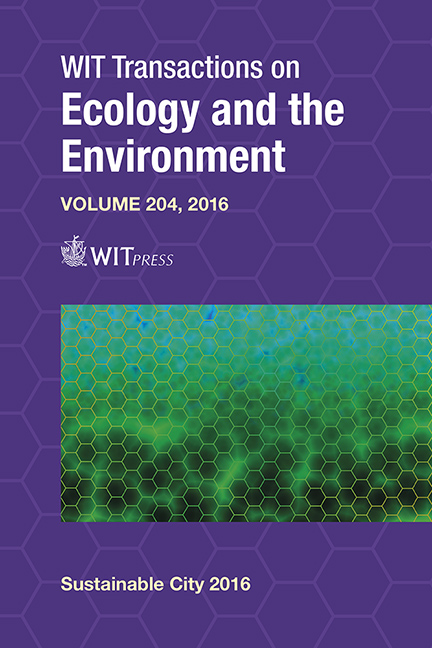Regret Model For Resilience In Road Design
Price
Free (open access)
Transaction
Volume
204
Pages
12
Page Range
481 - 492
Published
2016
Size
362 kb
Paper DOI
10.2495/SC160411
Copyright
WIT Press
Author(s)
A. Galadari
Abstract
The goal of this study is to identify if regret theory may be used to decide between different road design alternatives to ensure the resilience of the design given future uncertainties. It formulates a matrix for the regret factor in the decision-making process. There are different, and often conflicting, parameters and variables that are taken into account whenever different road designs are considered. This paper uses an example of five variables and constraints such as planning (i.e. optimal usage of land use), traffic flow, traffic safety (i.e. to ensure low crash rates), along with constraints such as construction economics and time to completion. It is assumed that each variable may have its own performance indicator based on its own modelling techniques and each is weighed based on the objectives of the decision-makers. However, each model may have inherent uncertainties that may propagate in a multi-attribute decision system. The proposed theoretical framework allows the system to analyze different roads construction alternatives to aid in decision-making. This study does not induce a specific strategy to be utilized by decision-makers, but provides a systematic methodology to help making decisions once an objective-driven strategy has been established. Using a multi-attribute matrix, the framework considers how to practically use regret theory in deciding between different road designs given the uncertainties inherent in each model. It is found that the usage of regret theory can be beneficial. However, furthermore research needs to be conducted to illustrate how this framework would be utilized in a real-world scenario and how it may impact decision in road designs.
Keywords
decision theory, multi-attribute utility, regret theory, road design





